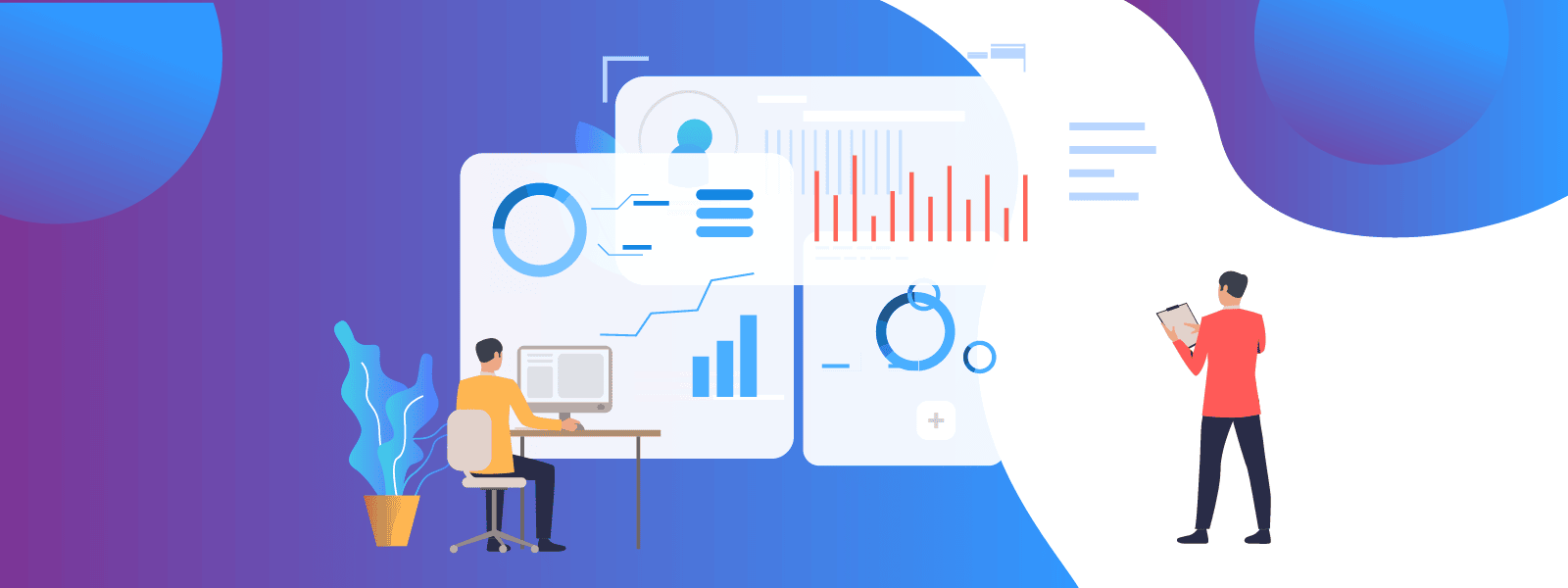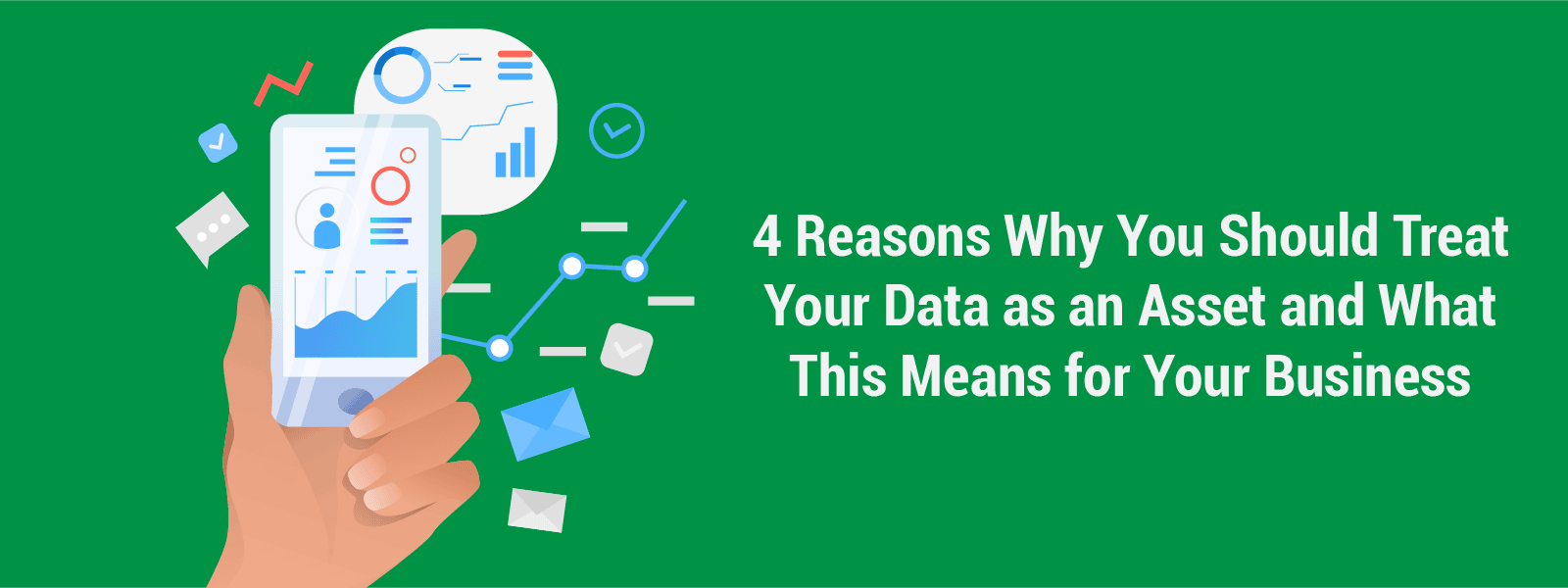Are You Treating Your Data As An Asset? Here Is Why You Should



The process of data harvesting in organizations has become a growth driver across all industries. With technological advancements, access to personal as well as business data has broadened as well.
Today, data is not just information collated and stored in a database somewhere. It is a useful resource that is being used to build billion-dollar businesses. The data economy in itself is also transforming customer experience and impacting overall revenue in diverse industries.
Unfortunately, some companies still don’t realize the importance of data and why they need to treat it as the goose with the golden eggs it really is.
Still wondering why you should treat your data as an asset? Read on.
4 Reasons Why You Should Treat Your Data as an Asset and What This Means for Your Business

1. Access to data fuels the data economy
Data is ideally any information about people or places, from what they wear to what they like. In business, maximizing on data as a commodity will get you way ahead of the competition.
This includes data such as customer’s interests, potential shareholders, and financial markets. Companies can consolidate and cross-reference this information to enable them to make well-informed decisions.
With huge databases in place online, accessing such large data is what sets apart who becomes the big fish from the small ones in any industry. Ads, marketing campaigns, product development, and even investment moves rely largely on real-time information.
2. Cost reduction
Big data enables a company to understand its inner workings as well as external factors affecting the business much better. With in-depth knowledge about your industry, you can outwit your competitors by maximizing your performance.
Data empowers a company track its milestones as well as identify any loopholes. As a business, you are hence able to improve performance by recruiting experts, investing in proper machinery, and also save on production costs. Doing so will automatically boost your bottom line significantly.
3. Data provides insights
Ever wondered why every time you perform an online search even on your own social media pages, there is always an interesting ad that is so particular and speaks right to you? It’s simply because marketers now have access to analytics that enable them get data on customers.
Data such as the kind of products you’ve previously searched for and even bought, the kind of music you enjoy, to the food you like and almost anything in between, is now readily available to marketers.
This is because you publicly share these bits of information, which is now stored safely somewhere waiting to be used to entice you to spend more money.
Apart from the things consumers like, marketers also have access to buyer behavior, acquisition channels, various types of audiences, and conversion rates. With such insights, your business can set trends, customize products and services, and make more out of customer data.
4. Data creates opportunities
Data is now rapidly becoming a global currency. Access to such valuable data can help your business accurately identify new investment opportunities but only if it is analyzed correctly.
Even if your business is doing well, there’s always room to do even better. Most successful businesses have diversified into other areas after identifying a gap that they can fill.
Such insights can only come from data received during your interaction with customers. Your customer has all the answers. You just need to listen keenly to what they are saying or read between the lines.

In a nutshell, treating your data as an asset will help you maximize your marketing strategy by being able to create customized messaging. It also gets you a higher return on your investment by selling it or even using it yourself and helps you gain useful insights on your customer behavior, which you can in turn use to your advantage.